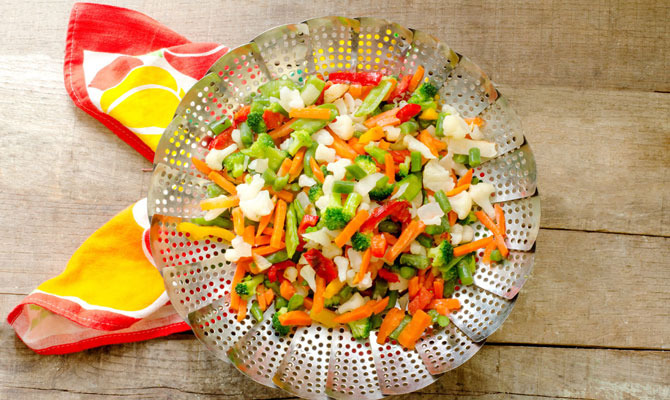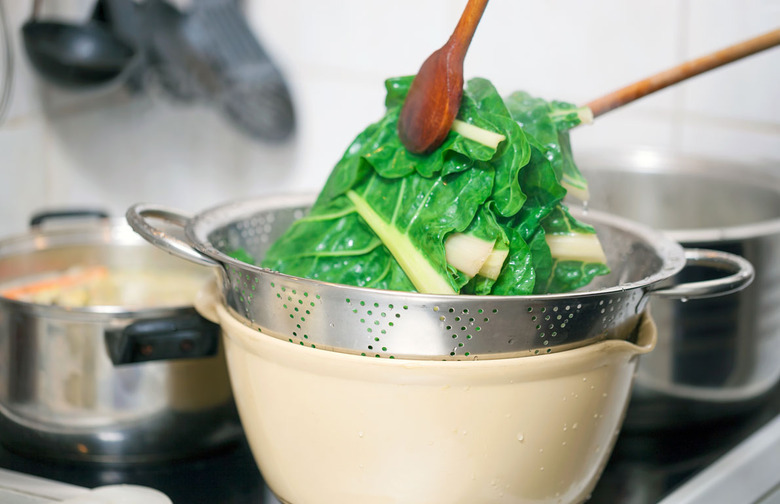You Can Cook Almost Anything If You Master These 11 Techniques
There are some people who can cook just about anything if you give them a good recipe to follow — and then there are others who can simply walk into the kitchen, look at the ingredients in their refrigerator or pantry, and create a delicious and memorable meal without any instruction. If you rely on recipes each time you cook but dream about culinary freedom, consider what these types of people have in common: they both rely on a solid foundation of cooking techniques. Whether they're executed from the pages of a beloved cookbook or committed to memory, it's easy to make great meals when your techniques are perfected.
Click here to see the You Can Cook Almost Anything If You Master These 11 Techniques (Slideshow)
Though it may sound intimidating at first, refining your cooking abilities doesn't have to mean familiarizing yourself with fancy French preparations like flambé or brunoise (which aren't really as fancy as they sound). Understanding the basic concepts behind techniques like roasting, sautéing, and boiling can help you produce a good dish every time. Knowing what to look for as you cook (and how to adjust your cooking method if things start to go awry) means more perfectly cooked, delicious, and flavorful home-cooked meals.
One of the best ways to work on your technique is to find a recipe that you like and make it a few times. If you love roast chicken, for example, choose a reliable recipe and make once a week for a month or two. Then, when you feel comfortable with that recipe, try making it again — this time with your own twist. Or, move on to a new recipe and technique.
If you cook often and are tired of hunting for (and making sense of) new and interesting recipes, there are a handful of basic cooking concepts can help you cook with more confidence. Learn the science behind these concepts and you'll be well on your way to recipe-free, intuitive cooking.
Baking
Though the word "baking" may evoke images of chocolate chip cookies or fruit-filled pies, it's also a very important everyday cooking technique. For egg-based dishes, be sure to remove the dish from the oven as soon as the center sets (but is still slightly jiggly): that will prevent the eggs from overcooking and drying out. When you're baking meat, poultry, or fish, cooking at a lower temperature for a longer period of time is generally best; just be sure to take the meat out of the oven as soon as it reaches the correct internal temperature. Click here to read more about baking.
BlanchingClick here to see how to blanch vegetables.
Blanching is a method of partially cooking vegetables by submerging them in boiling water and then immediately submerging them in ice water to stop the cooking. Depending upon the texture of the vegetable, they should be boiled anywhere from 30 seconds to a few minutes. Blanching slows the loss of flavor, color, and nutrients and brightens the vegetables' colors.
Kristie Collado is The Daily Meal's Cook Editor. Follow her on Twitter @KColladoCook.

